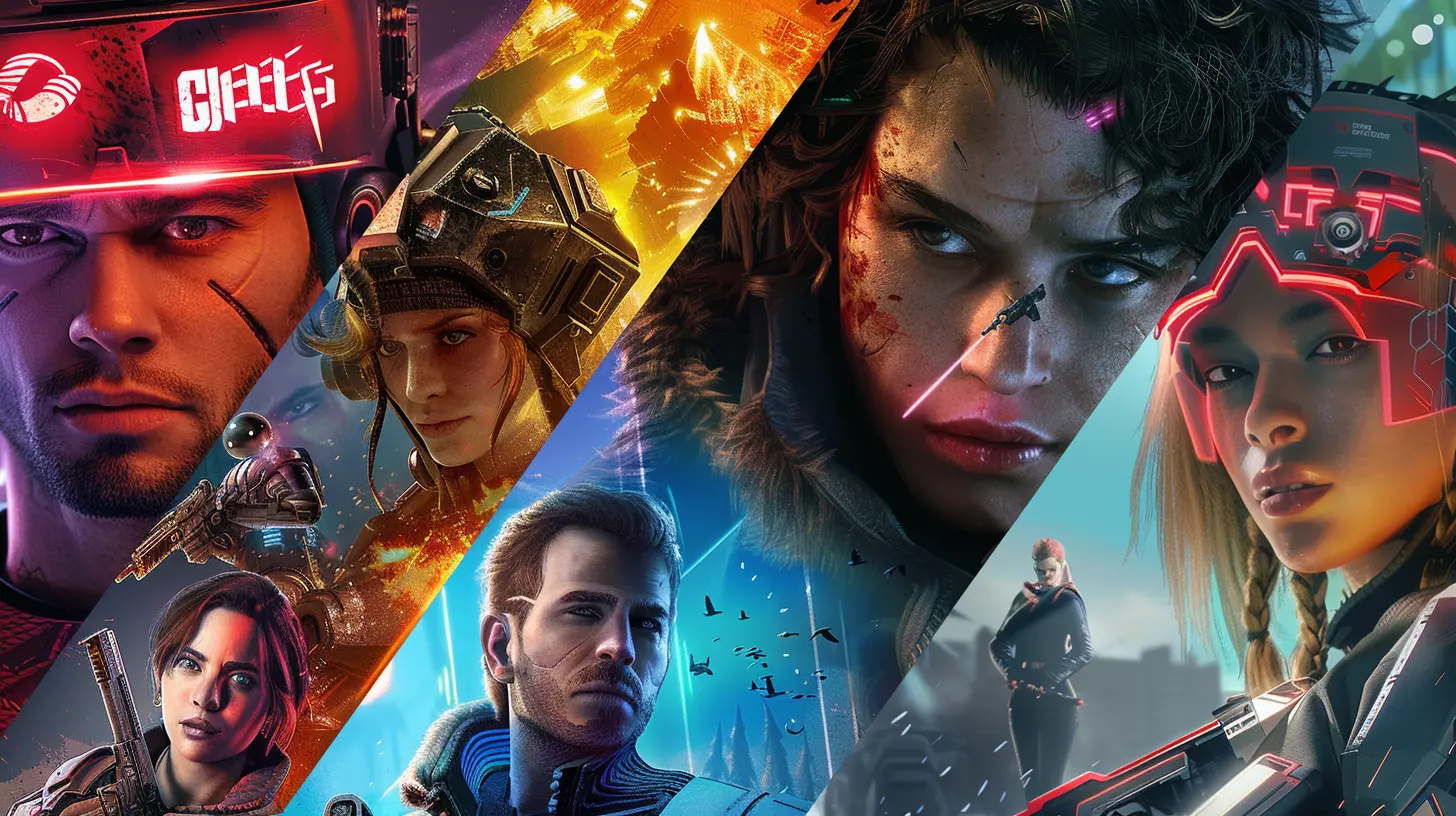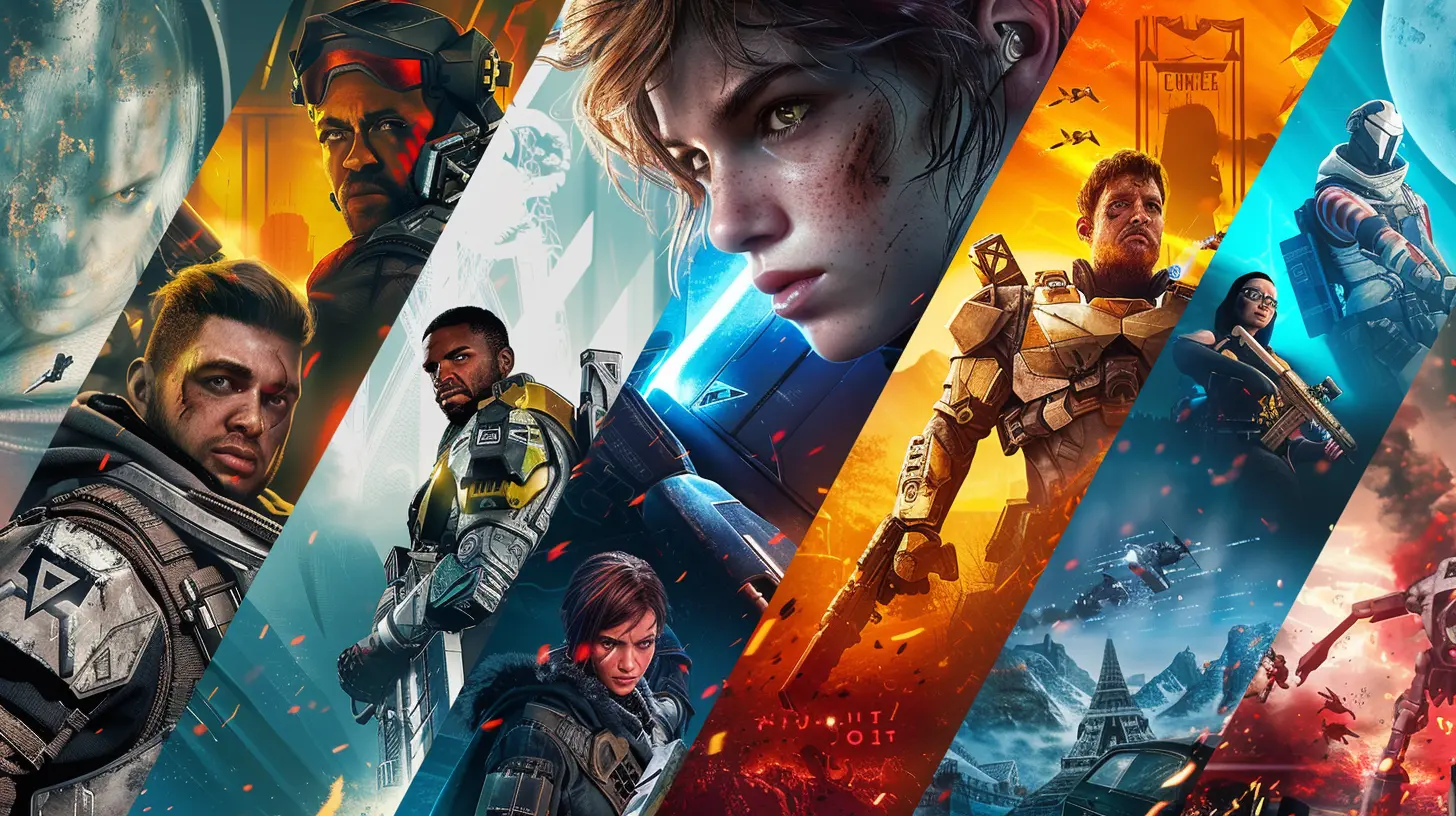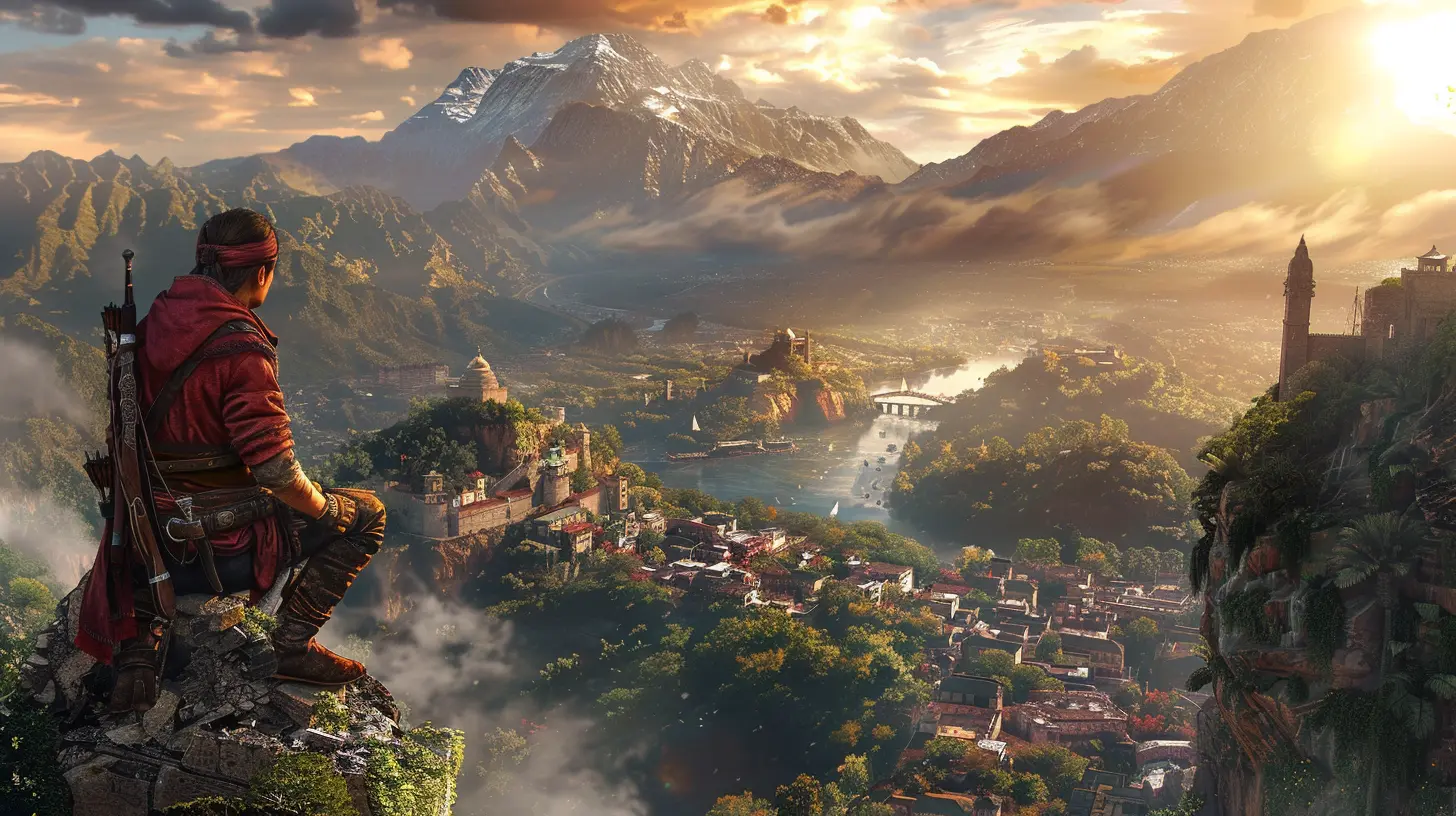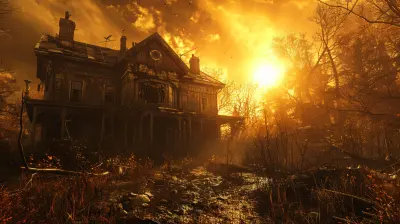The Most Controversial Game Patch Decisions So Far
18 October 2025
Games evolve. That’s just a fact. Whether you're deep into MMOs, competitive shooters, or even cozy farming sims—sooner or later, a patch will drop that makes you seriously question the sanity of the devs. Sometimes, it feels like they’ve walked into the codebase, flipped a table, and said, “Let’s spice things up!”
Game patches are meant to improve the experience… or so they say. But every now and then, a change hits like a nerf hammer to the soul. Some updates are so divisive, they spark Reddit riots, crash forums, and ignite digital warfare among gamers. Today, we’re diving into the juicy, spicy, absolutely chaotic world of the most controversial game patch decisions so far.

Why Game Patches Matter More Than You Think
Before we spill the tea, let’s take a quick pit stop.Game patches are like the maintenance updates your phone gets—bug fixes, new features, balance adjustments, the whole shebang. Except, in the gaming world, these patches can make or break how a game feels. It’s the difference between logging in for an hour and getting stuck for a whole weekend.
They’re necessary, but sometimes? Sometimes they’re just wrong.

1. World of Warcraft: The “You Think You Do, But You Don’t” Patch
The Class Balance Carnage
Let’s rewind to World of Warcraft—a game that practically invented life-consuming addiction. Over the years, Blizzard has made countless balance changes. But the 2018 Battle for Azeroth pre-patch? Oh boy. That one was a doozy.Suddenly, entire class dynamics changed. Warlocks had their souls sucked dry. Hunters lost beloved pet mechanics. And don’t get me started on the survival spec rework (melee hunters, anyone?).
Players felt their favorite classes turned into unrecognizable blobs of what they used to love.
The Community Backlash
Forums exploded. Longtime vets cried foul. Even Asmongold couldn’t contain his horror on stream. The issue wasn’t just the changes—it was that Blizzard didn’t seem to listen.Blizzard’s infamous “You think you do, but you don’t” comment about vanilla servers came back to haunt them like a level 60 elite mob.

2. Overwatch: The Role Queue Revolution
Forcing Players Into Boxes
Back in 2019, Blizzard dropped a patch that introduced Role Queue in Overwatch. Basically, instead of picking any hero at any time, you had to queue for Tank, Damage, or Support roles. It was meant to fix team balance, but a lot of players felt trapped.Suddenly, that chaotic “pick what you want” freedom was gone. Matches felt more structured—but also more… robotic?
Queue Times Went Through the Roof
If you wanted to play DPS (which let’s face it, 90% of us did), you were stuck in 10+ minute queues. That’s longer than most matches! It turned a fast-paced game into a waiting simulator.While some players loved the structure, others bailed. It split the community faster than a Zarya ult in overtime.

3. No Man’s Sky: From Hype Train to Redemption Arc
The Great Reset
When No Man’s Sky launched in 2016, it was… underwhelming, to put it kindly. But it was the Atlas Rises patch in 2017—and several others after—that completely changed the game. Literally.Whole planets were reshaped. Biomes changed. Creatures disappeared. Bases were wiped. It was like the Thanos snap, but for your space farm.
A Patch That Deleted Progress
Imagine logging on after a patch and your base—your glorious multi-level space mansion—was GONE. People were angry. And rightfully so.But here’s the twist: over time, Hello Games kept patching, patching, and patching until they turned No Man’s Sky into a modern masterpiece. This is one of the few controversial patches that eventually got a redemption arc.
4. Fortnite: The Turbo Building Nerf
Nerfing the Pros
One day, in 2019, Epic Games decided to nerf Turbo Building in Fortnite—something that allowed players to build quickly with a simple hold of a button. They slowed it down, and chaos ensued.This change took the pro scene by storm. Pros and streamers like Ninja, Tfue, and Myth were vocal about it. It felt like Epic was punishing skilled builders and catering to casuals.
The Patch Reversed—Mostly
The backlash was so massive, Epic backtracked within 48 hours. Like, they literally rolled it back. That’s how much heat they got. Sometimes, the community does win.
5. Diablo III: Real Money Auction House Disaster
You Could Literally Buy Power
Back in 2012, Diablo III launched with a Real Money Auction House (RMAH). Yes, you could literally swipe your credit card and buy epic loot. Not just with in-game gold—real, actual dollars.You didn’t even need to grind anymore. Just pay up and boom, god-tier gear.
The Backlash and Fallout
This change turned the game into a marketplace, not an adventure. The “loot hunt” gameplay loop—the core of Diablo—basically died.Eventually, Blizzard removed it completely, admitting it was a mistake. But by then, the damage was done. It tainted the game’s early reputation.
6. League of Legends: The Rune Reforged Mess
Runes Got a Facelift (and Not the Good Kind)
In 2017, Riot Games introduced Runes Reforged, promising a better, more streamlined system. What players got instead? Total confusion.Longtime players felt all that rune mastery and experimentation go down the drain. New players were overwhelmed with options. Meta builds exploded. And the learning curve? Steeper than a Grandmaster cliff dive.
Unintended Side Effects
Suddenly, certain champions became busted. Others were useless. The balance was out of whack. Players flooded Reddit with spreadsheets, trying to figure out what worked.The good ol' days of intuitive rune choices were gone, replaced by math-heavy, high-stakes theorycrafting.
7. Skyrim: The Paid Mod Fiasco
Monetizing the Modding Community
Bethesda tried to introduce paid mods to Skyrim through Steam in 2015. Cue the dramatic music. Mods—those glorious, community-driven gems—suddenly had a price tag.What's next? Charging for cheese wheels?
The Internet Lost Its Mind
Modders and players alike revolted. The idea that modding—a deeply creative and collaborative effort—could be commercialized, tore the community apart.Steam and Bethesda pulled the feature. It was one of the fastest backpedals in PC gaming history.
8. Destiny 2: XP Scaling Shenanigans
Hidden Mechanics, Hidden Shame
In 2017, Bungie got caught red-handed throttling XP gains in Destiny 2—without telling anyone. Players noticed they were earning less XP than expected, even though the game visually told them they were earning more.Why? To slow down leveling and push microtransactions. Not cool.
Transparency Meltdown
When players discovered the trickery, the backlash was fierce. Bungie apologized and removed the system, but the trust? Well, that took a hit bigger than a Cabal stomp.
9. The Sims 4: The Infant Update That Broke Everything
Baby Patch, Big Problems
In 2023, EA finally introduced infants as a playable life stage in The Sims 4. Everyone was thrilled—until the patch dropped.Bugs. Everywhere. Babies floating, glitching, and sometimes disappearing. Households corrupted. Save files got busted.
A Glitchy Nightmare
Players called it the buggiest patch in Sims history. And with a game so reliant on DLC and legacy saves, messing up the base game wasn’t just annoying—it was devastating. It felt like EA had handed players a new toy, only for it to explode in their faces.Why These Patches Stir So Much Drama
Let’s face it—games aren’t just games anymore. They’re lifelines, social hubs, therapy sessions, and creative outlets. So when a patch messes with that experience, it hits deep.We gamers care. A little too much? Maybe. But it’s out of love.
Most controversial patches boil down to one thing: communication. Or rather, the lack of it. When devs make big changes without player feedback, it’s like rearranging someone’s living room while they’re still in it.
Have We Learned Anything?
Game devs are starting to get better (kind of). More games now have Public Test Realms (PTRs), beta tests, and community feedback loops. But it’s still a rocky road.The truth is, no patch will make everyone happy. But the most successful games are the ones that listen, adapt, and aren't afraid to say, “Yeah, we messed up.”
Final Thoughts
The gaming world is constantly changing, and with that comes the good, the bad, and the seriously controversial. From World of Warcraft’s class meltdowns to Destiny 2’s XP scam, these game patch decisions left a serious mark.Whether they sparked outrage, laughter, or a tear-stained Reddit post, they’ve become part of gaming history. So next time you click “update,” cross your fingers—it could go either way!
all images in this post were generated using AI tools
Category:
Game PatchesAuthor:

Aurora Sharpe
Discussion
rate this article
1 comments
Zaren Dillon
Great read! Game patches can spark heated debates—it's fascinating to see how they shape player experiences and community reactions.
October 20, 2025 at 2:47 PM

Aurora Sharpe
Thank you! It’s intriguing how patches can divide opinions and impact the gaming community in unexpected ways.


